BC fruit growers are facing a fourth difficult year.
A recent survey by the BC Fruit Growers Association indicates that more than 67% of growers plan to harvest less fruit this year as a result of COVID-19.
“We were really surprised by the number,” says BCFGA general manager Glen Lucas. “It really shows the squeeze that growers are in.”
More than 82% of the 91 growers surveyed on-line and by phone say they are concerned about the direct costs of adapting their operations to protocols introduced to fight COVID-19.
These include installing hand washing stations, more portable toilets, additional signage and more frequent cleaning of common areas.
“But overall things are just moving slower,” he notes. “You can’t share ladders, two workers can’t go together to pick up a tractor, you have to practice distancing at all times and that slows down production.”
The second impact is on orchard labour. Lucas says he expects orchardists will receive about 80% of the Seasonal Agricultural Worker Program workers requested from Mexico and the Caribbean, but other international workers through the International Experience Canada program and similar initiatives have been lost. Quebec workers are arriving and efforts are underway to provide campgrounds that keep them and the communities where they work safe, but their numbers are down. The net result is fewer workers in the orchards. Starting with pruning in the late winter, workers are needed to maintain orchards including tasks such as thinning, spraying and canopy management as well as harvesting.
Mother Nature has also tightened the screws on growers. Cherries and other soft fruits, particularly apricots, were impacted by frost in January and at bloom time. Estimates of cherry losses range from 30% to 90%. Some apricot blocks are nearly barren.
“In many cases, returns for growers over the last three years have been below the cost of production,” Lucas notes. “As growers are faced with increased costs, lower production and a chance they may not have enough pickers to harvest the crop, they are choosing to abandon blocks.”

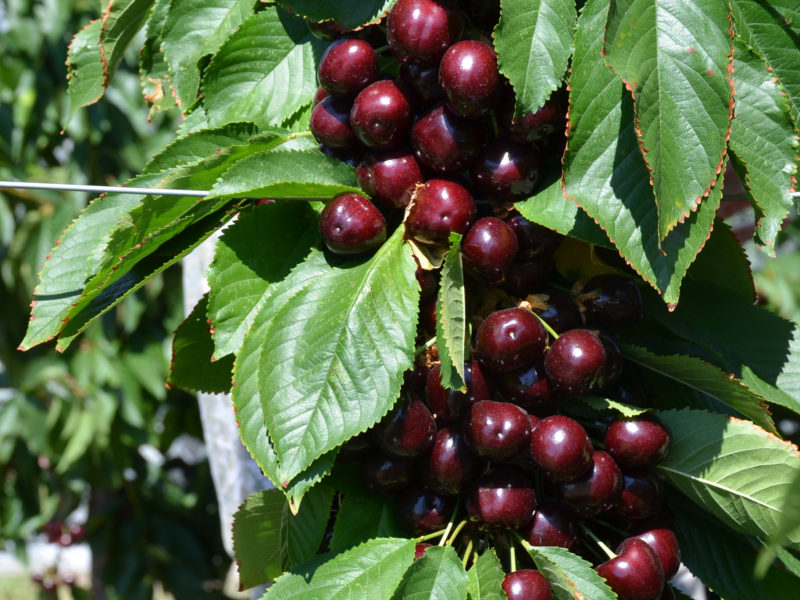
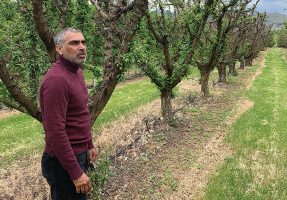

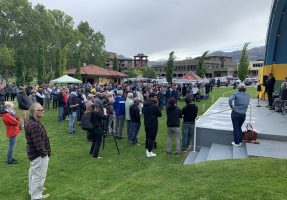
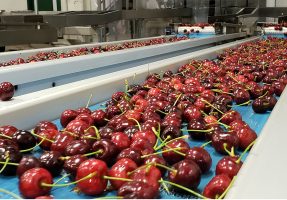

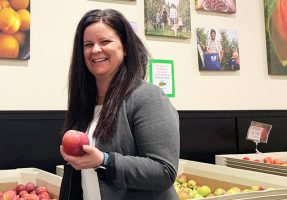
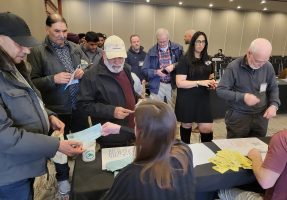
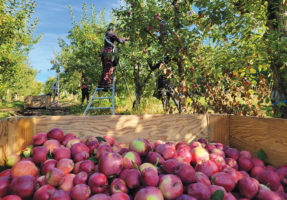
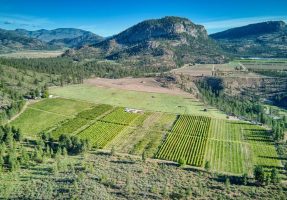
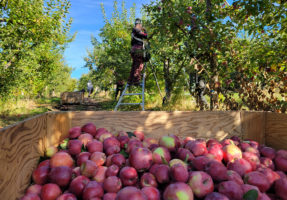
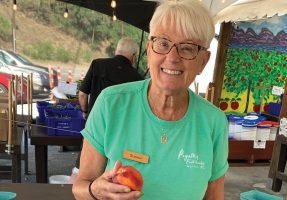
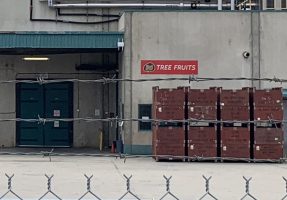
 Higher rates for air freight
Higher rates for air freight